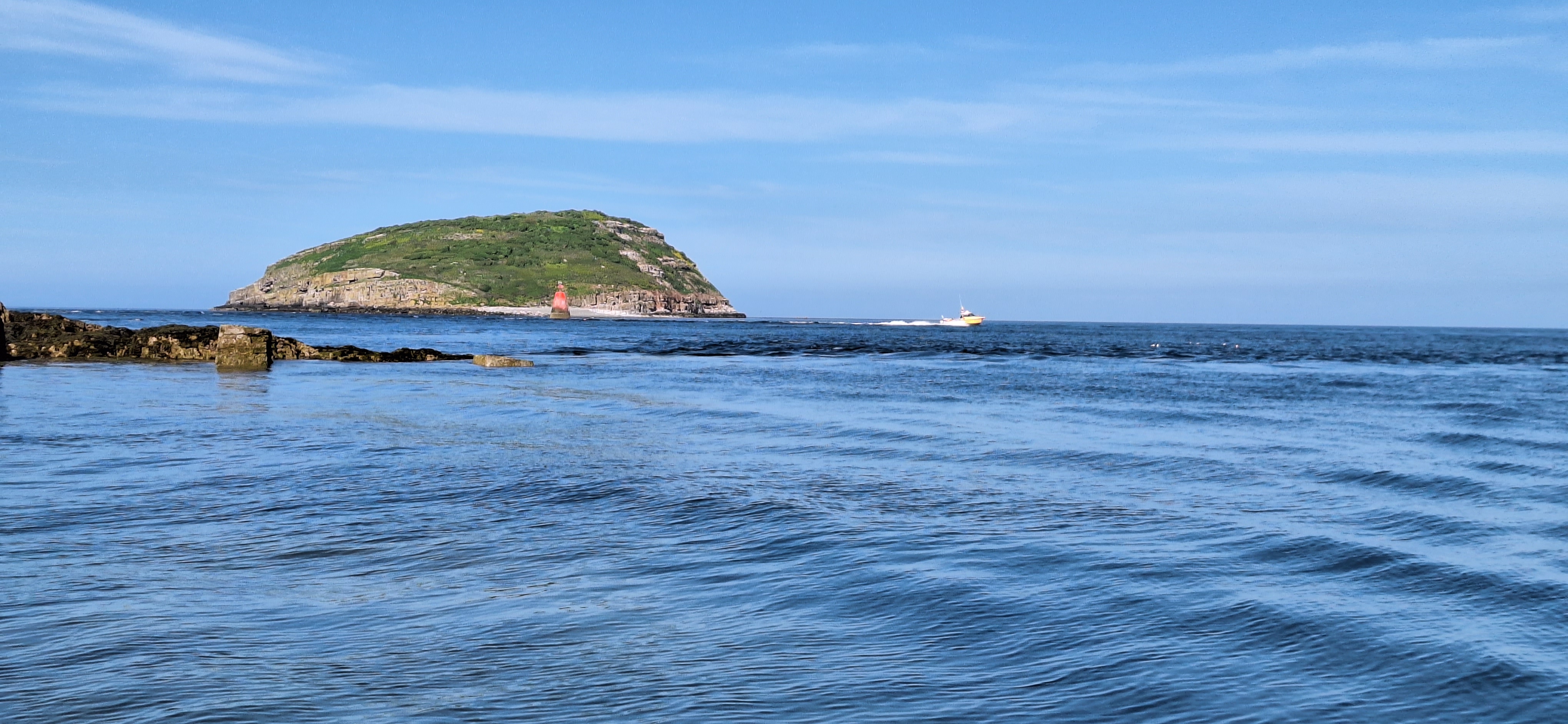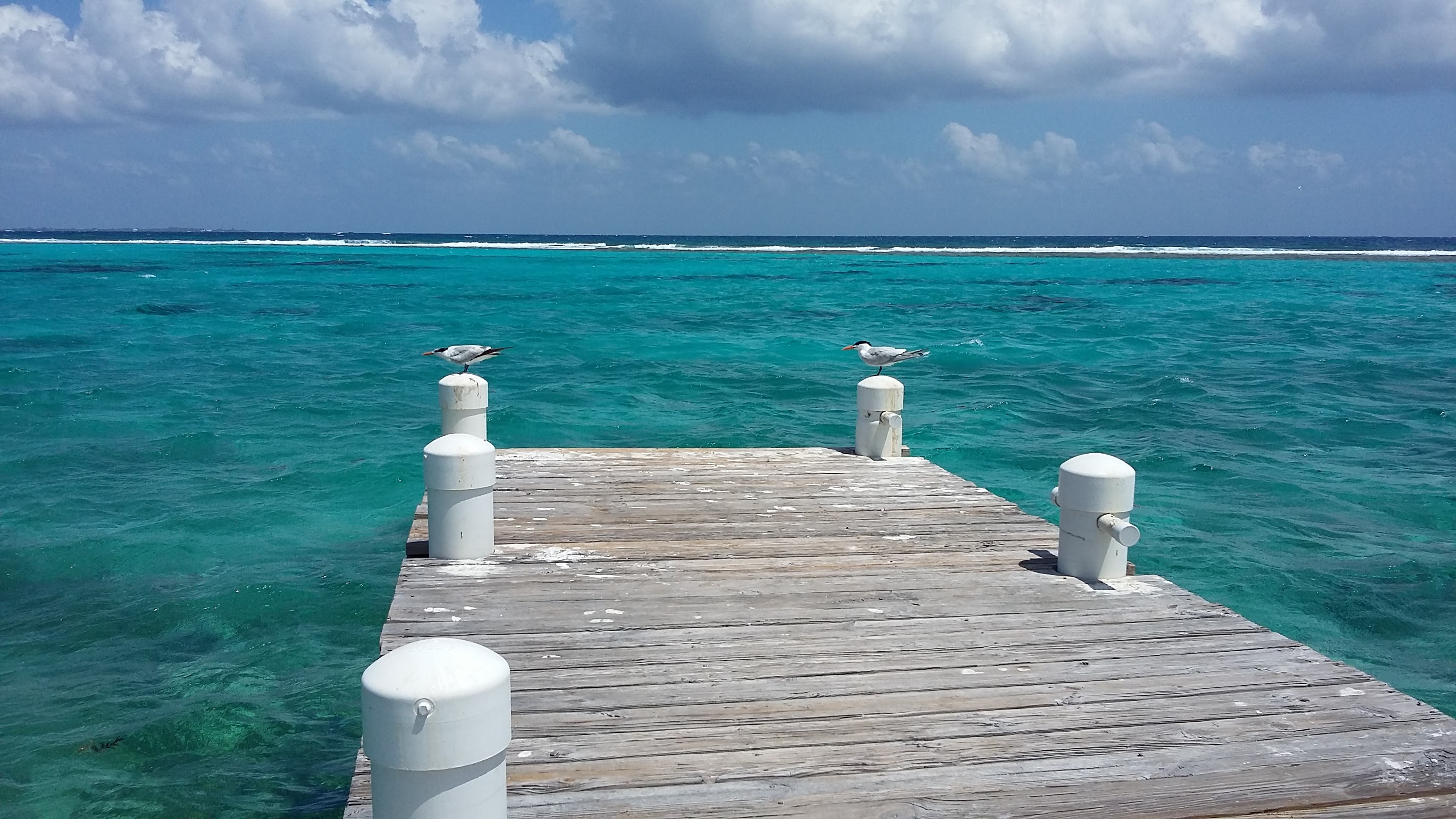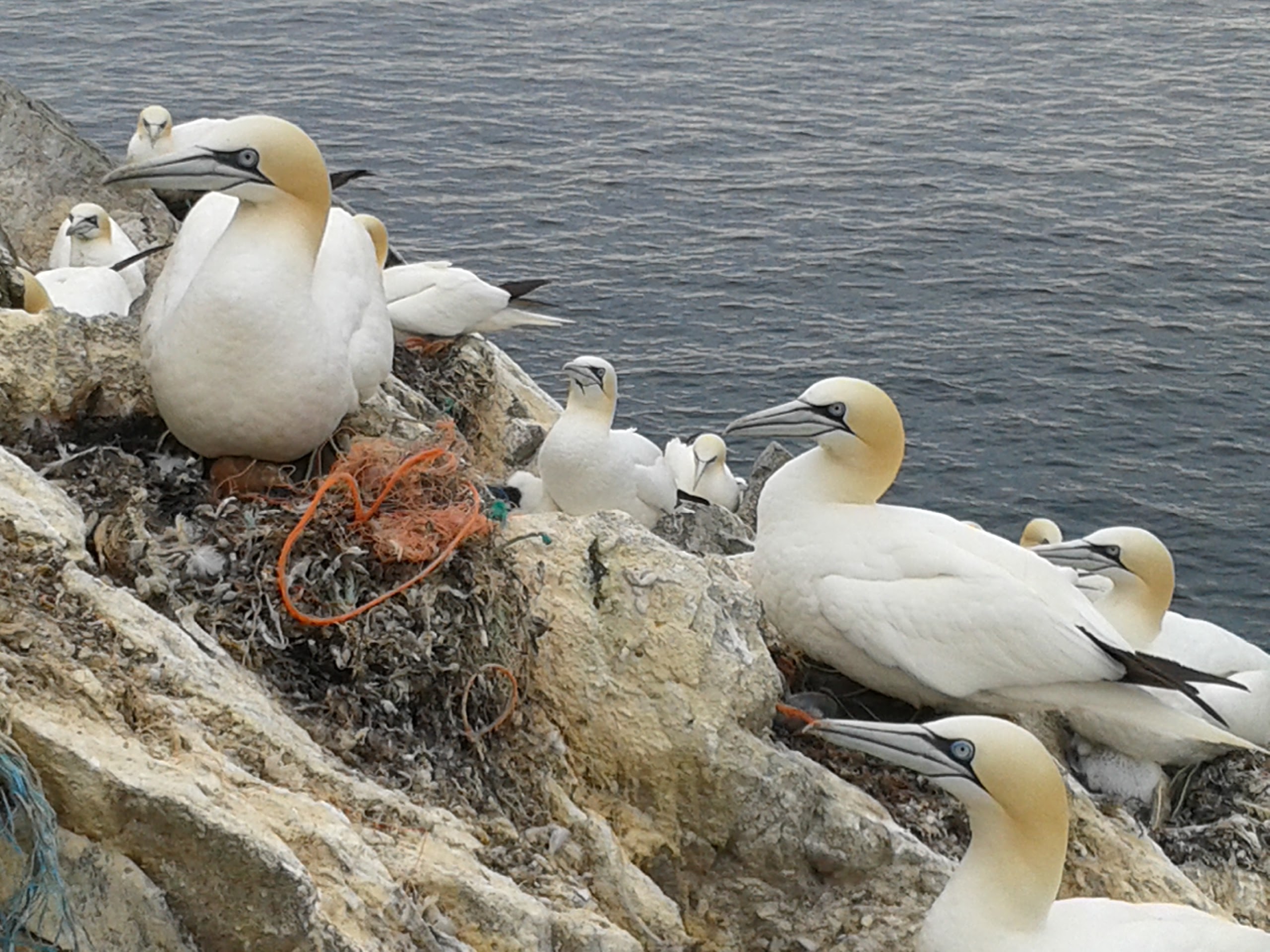Research
My research interests lie at the interface of the traditional disciplines of ecology, physiology and behaviour. My work focuses on seabirds, as these animals must adapt be adapted to two contrasting environments: the challenges of foraging in a big, deep, cold, dark, distant water body are very different to those that they face while breeding and moulting on land. Furthermore, both of these environments and their associated challenges change naturally on a seasonal and annual basis and are under anthropogenic threats from over-fishing, climate change and renewable energy developments.
Current projects range from the tropics to the poles with postdocs and postgrads working with a range of different partner organisations. Research and volunteer opportunities are sometimes possible at most of these sites. Contact me for more details.

Consequences of UK offshore Windfarm Expansion for Birds
In order to meet targets for decarbonistion of the UK energy system, ambitious goals have been set for the installastion of extensive offshore windfarms in our coastal waters. However in doing so, there is a legal and moral requirement to ensure that this large change to marine habitats does not come at the cost of biodiversity. The UK is home to large and important populations of seabirds which forage in the same coastal waters. Our work seeks to understand if, when and how birds interact with these installations and what the consequences of these interactions might be for their behaviour and populations. To do this we track birds, make simulations and model the future. This is applied science, working directly with relevant partner organisations such as JNCC, Natural Resources Wales, Natural England, Scottish Government, RSPB, BTO and developers from the windfarm industry. Funding from the partners and UKRI supports research projects and PhD students working on these topics.

Seabird Research and Conservation in the Caribbean UKOTs
Seabirds face threats all over the world. Our work in the Caribbean UK Overseas Territories (Anguilla, British Virgin Islands, Cayman Islands, Montserrat, Turks & Caicos Islands) seeks to work closely with local partner conservation organisations and government departments to understand and promote the status of seabird populations. Challenges vary between the territories from conducting censuses, to sophisticated tracking programmes where we follow the movement of seabirds and use this to understand the location of important marine and coastal habitats. Funding comes via four separate awards from Defra's Darwin+ programme, most recently directly to Senior Research Fellow Rhiannon Austin, who leads these projects. Our Caribbean seabird projects

Avian Energetics
Understanding energetics (usually in seabirds but also geese, ducks and seals) has been my main research area since I started my PhD. While understanding how seabirds gain, use and store energy underpins lots of my applied science research, it also sits at the heart of other, standalone projects. Understanding energy expenditure has enabled us to answer diverse questions such as: How do penguins manage to dive for so long? How do birds make decisions about flying in windy conditions? How does energy help us understand the consequences of parasitism? Working with PhD students and collaborators, we have developed and improved methods to estimate energy expenditure and created tools such as the Seabird Field Metabolic Rate Calculator. Funding comes from wherever we can get it. Seabird Field Metabolic Rate Calculator
Research groups
Research grants
Ecological implications of accelerated seabed mobility around windfarms (EcoWind-ACCELERATE)
NATURAL ENVIRONMENT RESEARCH COUNCIL
August 2022 - August 2026
Conservation actions for seabirds of the Turks and Caicos Cays
DEPARTMENT FOR ENVIRONMENT, FOOD AND RURAL AFFAIRS (UK)
May 2022 - April 2025
Evidence for Offshore Wind; Foraging ecology of guillemots and razorbills in the non-breeding season to understand consequences of potential displacement
SCOTTISH GOVERNMENT (UNITED KINGDOM)
October 2023 - March 2027
CASE studentship - Elayna Daniels
MARINE DIRECTORATE (UK)
October 2023 - September 2027
Assessing multiple pressures on seabirds
JOINT NATURE CONSERVATION COMMITTEE - JNCC (UK)
October 2020 - December 2027
Darwin Plus Grant-Regional-scale marine conservation through multi-territory tracking of frigatebirds
DEPARTMENT FOR ENVIRONMENT, FOOD AND RURAL AFFAIRS (UK)
April 2019 - March 2022
Assessment, protection and actions for important seabird populations in the Cayman Islands
DEPARTMENT FOR ENVIRONMENT, FOOD AND RURAL AFFAIRS (UK)
April 2016 - March 2018
Preliminary assessment of seabird conservation priorities in the Cayman Islands
THE BRITISH ORNITHOLOGISTS' UNION (UK)
April 2016 - October 2016